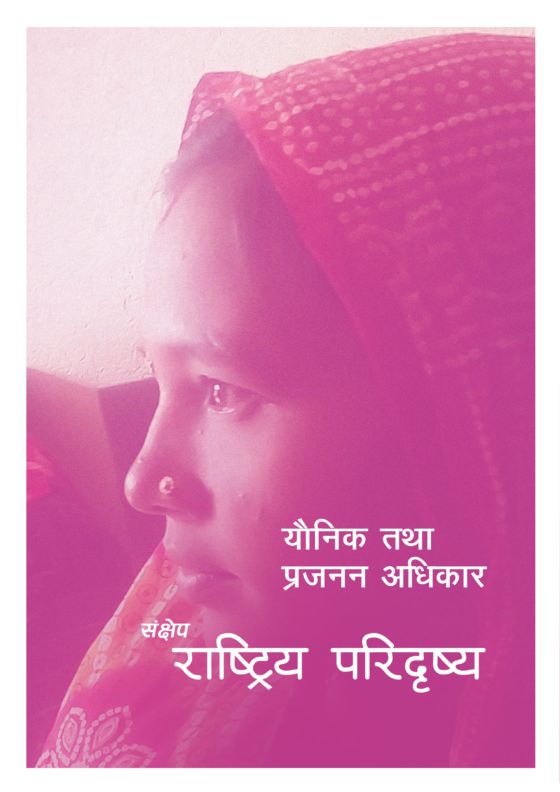Contraception
A new study by the Guttmacher Institute and the United Nations Population Fund (UNFPA), titled, Adding It Up: Costs and Benefits of Contraceptive Services–Estimates for 2012, reports that the number of women in developing countries who want to avoid pregnancy but are not using modern contraception declined only slightly between 2008 and 2012, from 226 to 222 million. However, in the 69 poorest countries—where 73% of all women with unmet need for modern contraceptives reside—the number actually increased, from 153 to 162 million women.
Women who have an unmet need for contraception are broadly defined as those who want to delay or stop childbearing but are unable to use contraception. This concept of unmet need has influenced the development of family planning programmes for decades, and several years ago, unmet need was added as an indicator to Millennium Development Goal 5, on improving maternal health.
While advocates need to continue their efforts to make universal access to family planning a reality, the human rights perspective should be kept in mind and they should remain watchful for coercive family planning practices and policies and its impact on women’s lives. States must also ensure provision of affordable contraceptive and family planning services as well as other sexual and reproductive health information and services. While providing these services, states must also put mechanisms in place to ensure fully informed decision-making. It must also ensure that service providers respect dignity, autonomy, privacy and confidentiality, and is sensitive to individuals’ needs and perspectives. States must ensure that effective accountability and redressal mechanisms are in place at the individual, as well as institutional levels.
In this thematic resources edition, we have collated key resources and guidelines on ensuring integration of human rights in family planning and sexual and reproductive health programmes and policies.
Checklist for Assessing the Gender Responsiveness of Sexual and Reproductive Health Policies
Developed by WHO, this checklist aims to assist in the implementation of sexual and reproductive health policies that integrate approaches to achieve gender responsiveness. It also provides guidance on assessing how gender is integrated into these programmes and policies and to identify gaps and strengths.
The Right to Contraceptive Information and Services for Women and Adolescents: Briefing Paper
Developed by Centre for Reproductive Rights and UNFPA, this briefing paper lays out a conceptual foundation on how to integrate human rights into programmes and policies related to contraceptive information and services for women and adolescents.
Checkpoints for Choice: An Orientation and Resource Package
Developed by EngenderHealth, this toolkit lists key concepts about contraceptive choice, characteristics of contraceptive methods that matter to services recipients, and analyses the full spectrum of challenges that affect the services provision and family planning programme implementation.
Ensuring Human Rights within Contraceptive Service Delivery: Implementation Guide
Developed by UNFPA and WHO, this document is addressed to mid-level policymakers and programme managers and outlines minimum actions that can be taken at different levels of the health system to ensure human rights in the family planning services delivery.
A Human Rights-based Approach to Programming: Practical Information and Training Materials
Developed by UNFPA, this manual provides a practical guide to practitioners on how to apply a culturally-sensitive, gender-responsive, human rights-based approach to programming in the field of sexual and reproductive health and rights.
FP2020 Rights and Empowerment Principles for Family Planning
Developed by FP2020’s Rights & Empowerment Working Group, this document aims to establish a common understanding of rights principles as they relate to the various dimensions of family planning services. It also provides a broad guidance on programming, monitoring, services and information provision.
Ensuring Human Rights in the Provision of Contraceptive Services and Information: Guidance and Recommendations
This guideline by WHO lists key actions needed to ensure that human rights and its various dimensions are integrated into the contraceptive service and information provision.

